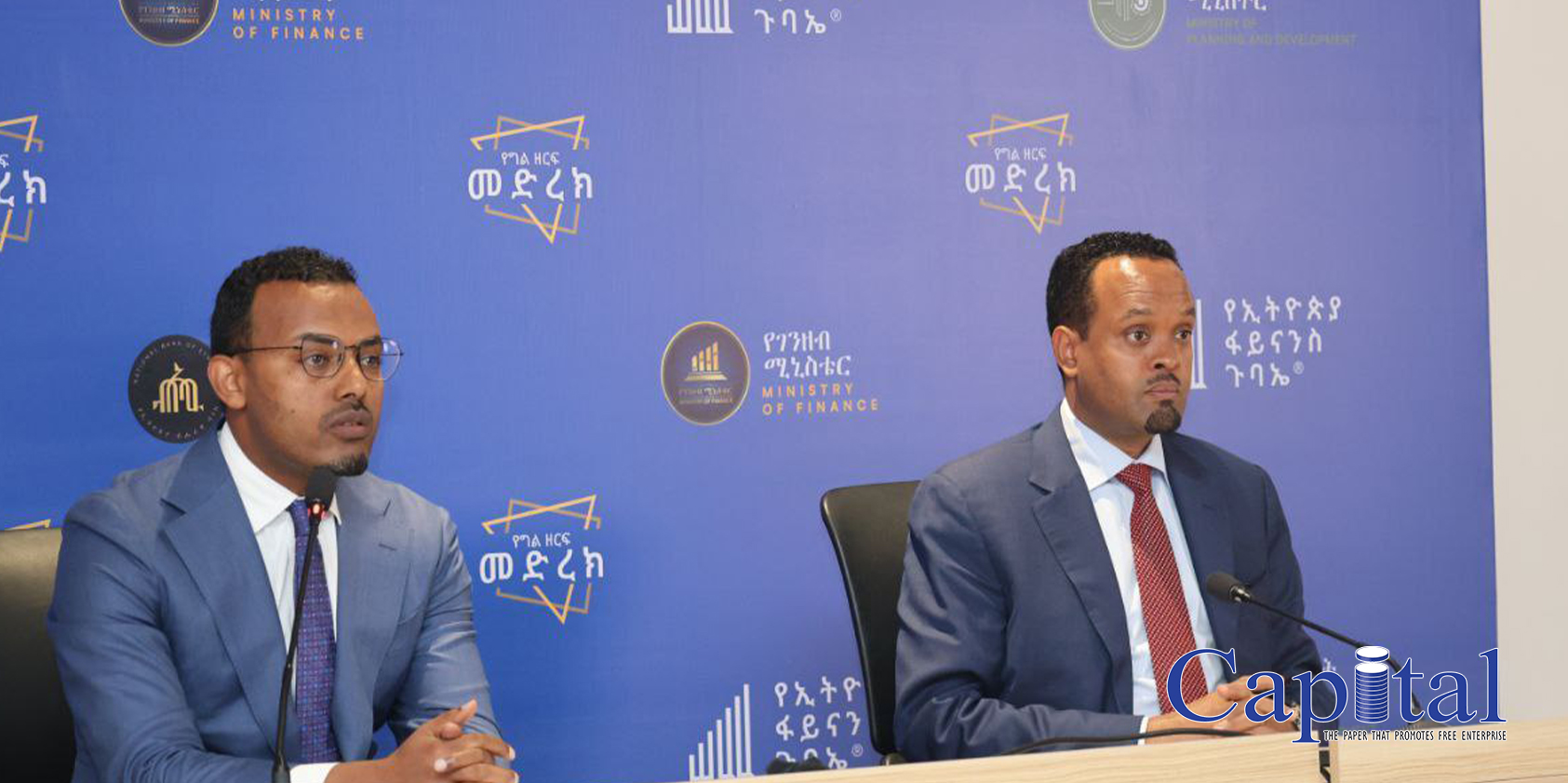The National Bank of Ethiopia (NBE) has declined a request from newly established forex bureaus seeking permission to provide transaction services aimed at easing the stringent deposit requirements imposed on the business community for obtaining Letters of Credit (LCs) from private banks.
At the Ethiopian Finance Summit 2025 held on July 22, “Ethio Forex,” a notable forex bureau, highlighted the difficulties faced by businesses in accessing LCs legally. They pointed out that some traders are being forced to deposit up to 200% of the LC value with banks, a requirement that has compelled certain businesses to resort to the illegal black market for foreign exchange.
Representatives from the forex bureaus expressed concerns that, despite operating legally, the limited accessibility to authorized foreign exchange services might inadvertently drive companies toward illicit channels, potentially destabilizing the market and fueling inflationary pressures.
Responding to these issues, Mamo Mihretu, Governor of the NBE, stressed that banks should not demand excessive deposits such as 200% for issuing LCs and urged businesses to report any such cases. He emphasized, “In our regular meetings with banks, we consistently call for efficient and transparent foreign exchange service delivery to private sector clients.”
The Governor reiterated the NBE’s commitment to fostering a uniform foreign exchange market in Ethiopia, in which commercial banks would act as the principal intermediaries. He firmly rejected the proposal for forex bureaus to engage in bank-like foreign exchange transactions, clarifying that forex bureaus serve distinct functions primarily targeting small remittances and travelers rather than complex trade finance operations.
Currently, approximately 10 new forex bureaus have been authorized, focusing mainly on handling cash foreign exchange demands from private individuals and business travelers, according to the National Bank.
The announcement comes as the National Bank celebrates the completion of the first year of sweeping macroeconomic reforms across monetary policy, the foreign economy, and financial sectors. The reforms have been marked by significant achievements, including a 33% increase in foreign exchange inflows, which hit a historic high of $32 billion.
This inflow comprises $8.3 billion from commodity exports, $8.5 billion from service exports, $7.1 billion from private promissory notes, $1.9 billion from government aid, $2.7 billion in new foreign loans (excluding IMF funds), $3.9 billion from foreign direct investment, and $0.2 billion from indirect foreign private capital flows.
Consequently, the country’s foreign exchange reserves have significantly improved, with the National Bank’s reserves tripling and commercial banks’ forex reserves doubling. The increased availability has allowed banks to raise the average daily foreign exchange allocated to businesses from $11 million at the reform’s start to $25 million currently.
Monthly foreign exchange supply to the private sector also surged from $258 million last year to $500 million this year. Additionally, businesses secured around $445 million in new foreign credit and supplier credits over the past year.



